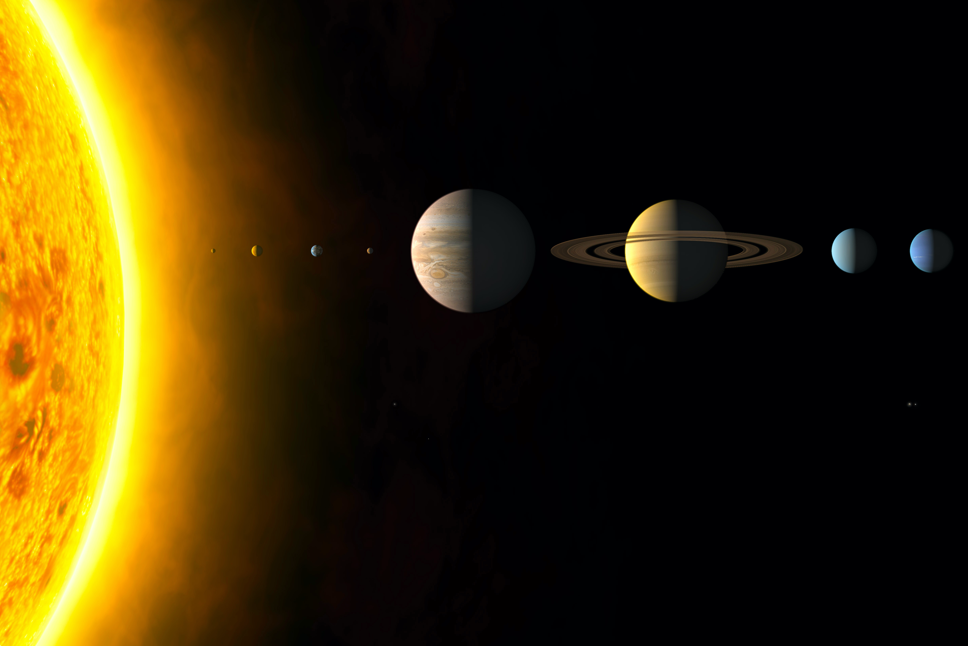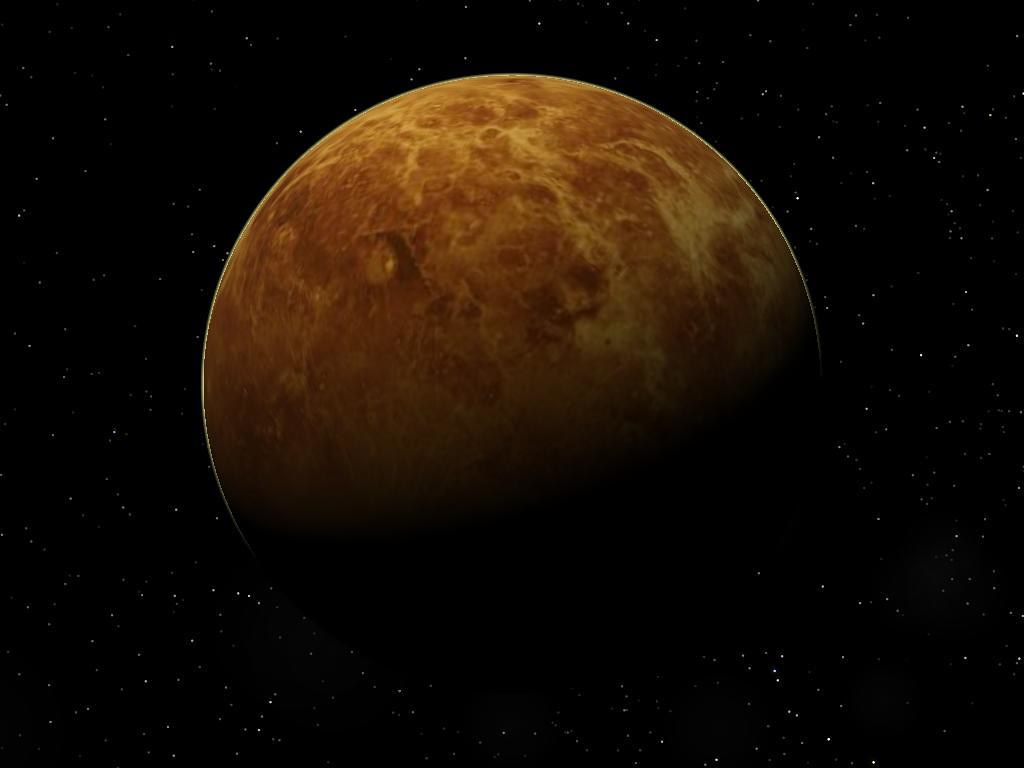Introduction.
Venus, the second planet from the Sun and beside the our mother planet earth, is often referred to as Earth’s “sister planet” due to its similar size and composition. Despite these similarities, Venus has a very different environment compare to our earth. Known for its thick, toxic atmosphere and scorching surface temperatures, Venus, which is well-known for its dense, poisonous atmosphere and intense surface temperatures. Scientists and space enthusiasts are still fascinated by this fascinating planet and are drawn to learning more about its mysteries and the dynamic processes that sculpt its rough terrain.
Fact 1: Extreme Temperatures.
Venus is the hottest planet in our solar system, even though Mercury is closer to the Sun. do you know why? cause it’s intense heat is mainly due to its thick atmosphere, which is composed mostly of carbon dioxide. This creates a runaway greenhouse effect, trapping heat and raising temperatures. To put it into perspective, Venus is so hot that lead could melt it. to put things in perspective, Imagine the hottest summer day on Earth, and then multiply that heat 50* times over—that’s Venus for us.
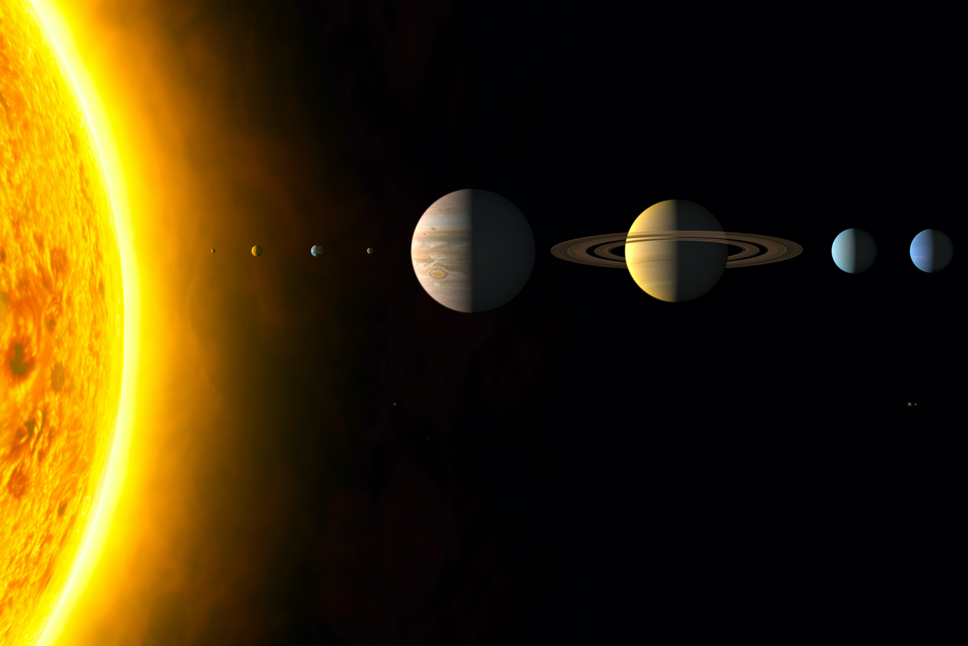
Fact 2: Retrograde Rotation Fact 2: Retrograde Rotation
Venus’s rotation is its most unique features. Venus spins in the opposite direction from most planets. if you were standing on Venus This implies that the Sun would rise in the west and set in the east . Scientists are perplexed by this retrograde rotation, or spin backward. According to one theory, Venus may have spun in the opposite direction after being struck by a big object in the distant past. It’s a cosmic twist that makes Venus unique among the planets.
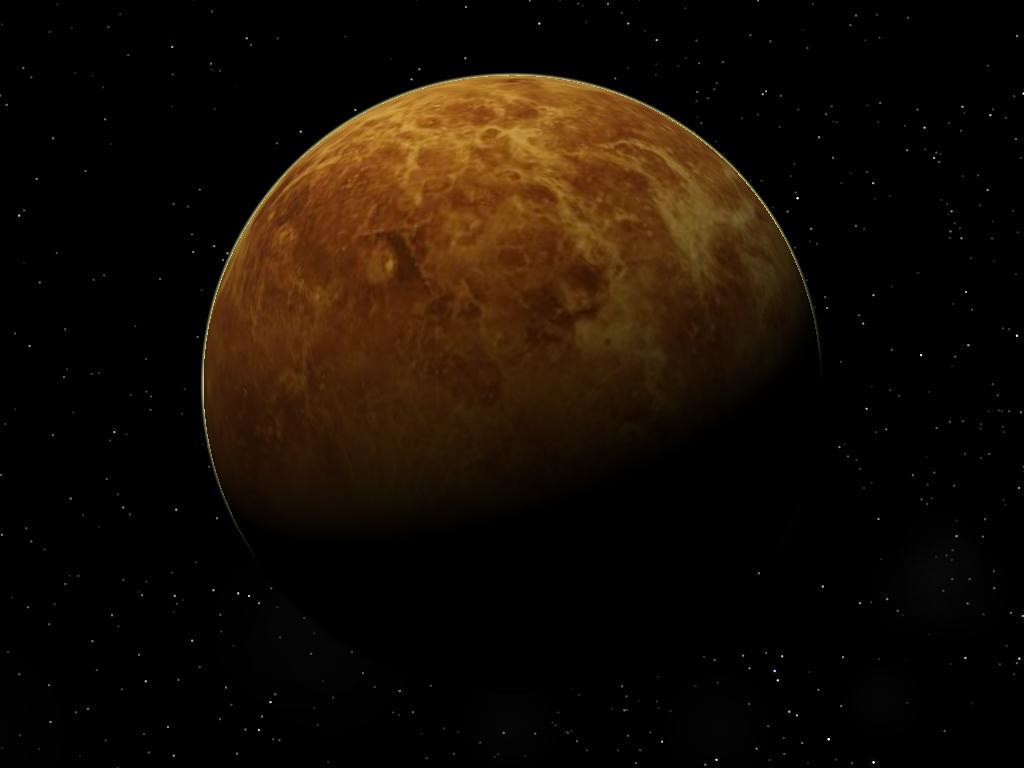
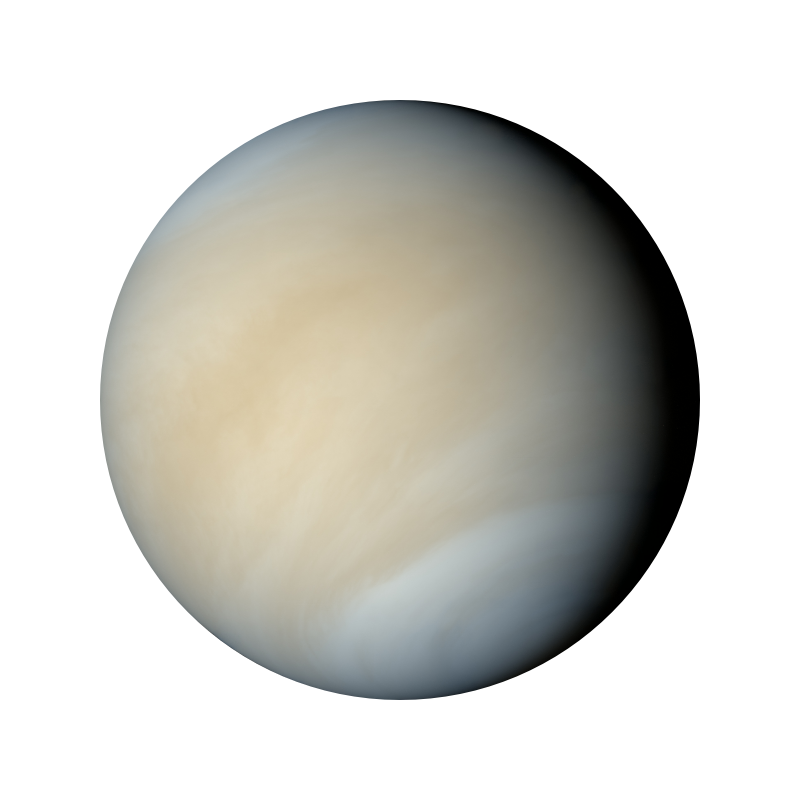
Fact 3: Thick Atmosphere
Venus’s atmosphere is extremely thick. It is primarily composed of carbon dioxide and contains dense sulfuric acid clouds. The planet’s surface is constantly overcast and gloomy because these clouds are so dense that they block out the majority of the sun’s light. Because of Venus’s thick atmosphere, the planet’s surface experiences pressure that is roughly 92 times greater than Earth’s. It resembles submersion at 3,000 feet. The harsh conditions on the planet are mostly caused by this dense atmosphere.
Fact 4: Volcanic Activity
Venus is dotted with volcanoes, some of which are still active. Massive volcanoes like Maat Mons and volcanic plains blanket the surface of the planet. Scientists think that Venus’s terrain has been greatly influenced by volcanic activity. Although there isn’t any concrete proof of recent eruptions, there are hints that some volcanic activity may still be occurring right now. This continuous action alters the planet’s surface and atmosphere, changing it continuously.
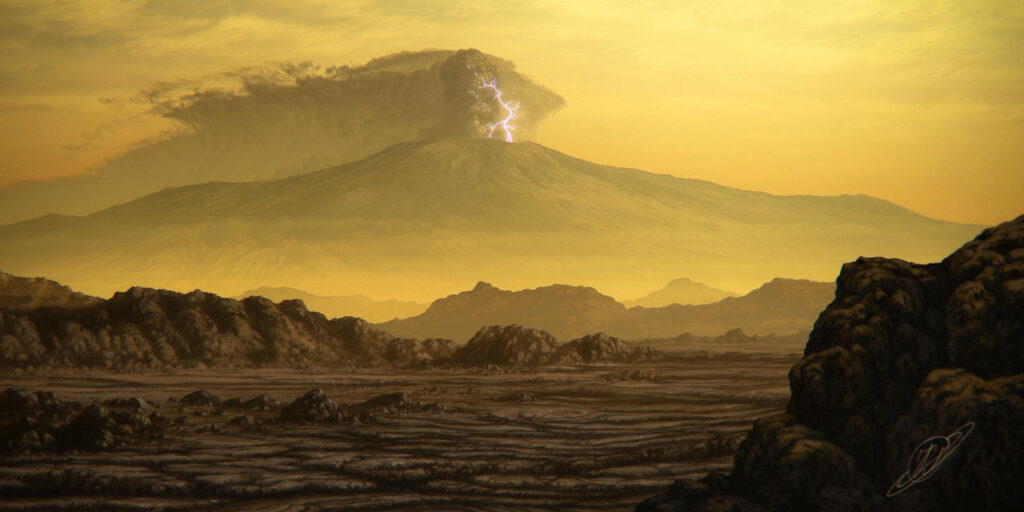
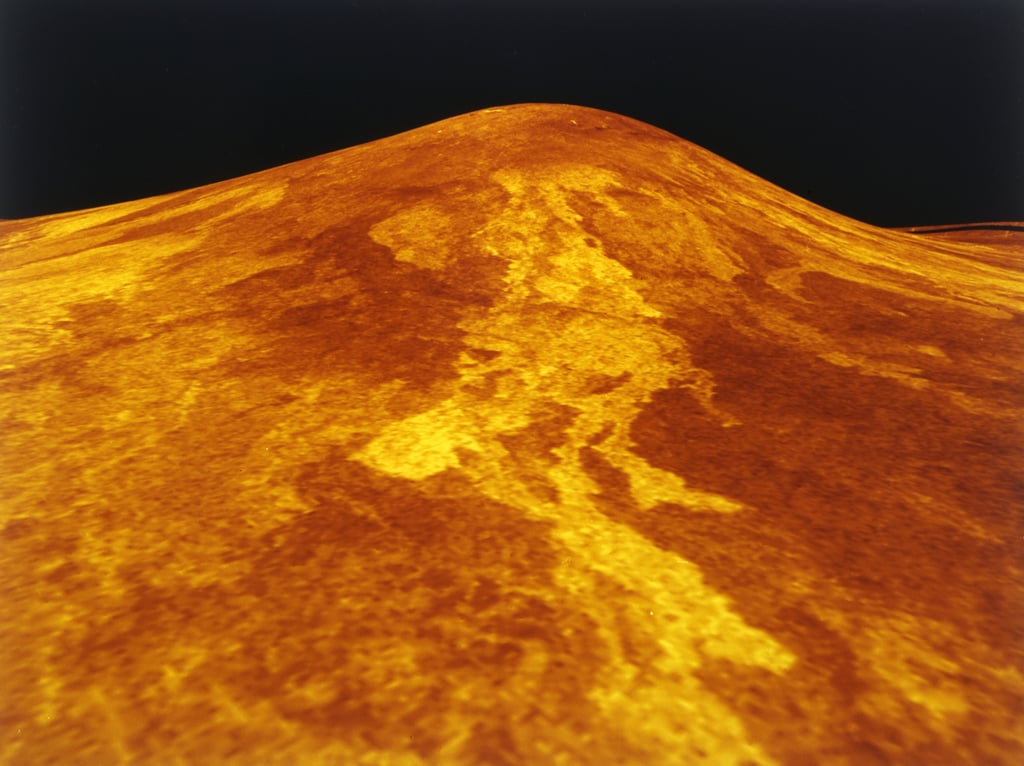
Fact 5: Lack of Water
Venus does not have liquid water like Earth does. Any water that Venus may have had has long since evaporated due to the intense heat. Oceans may have once existed on Venus, but when temperatures increased, the water converted to vapor and vanished into space, according to scientists. This remarkable difference from Earth shows the importance of water for supporting life and shows how Venus developed along a totally different route.
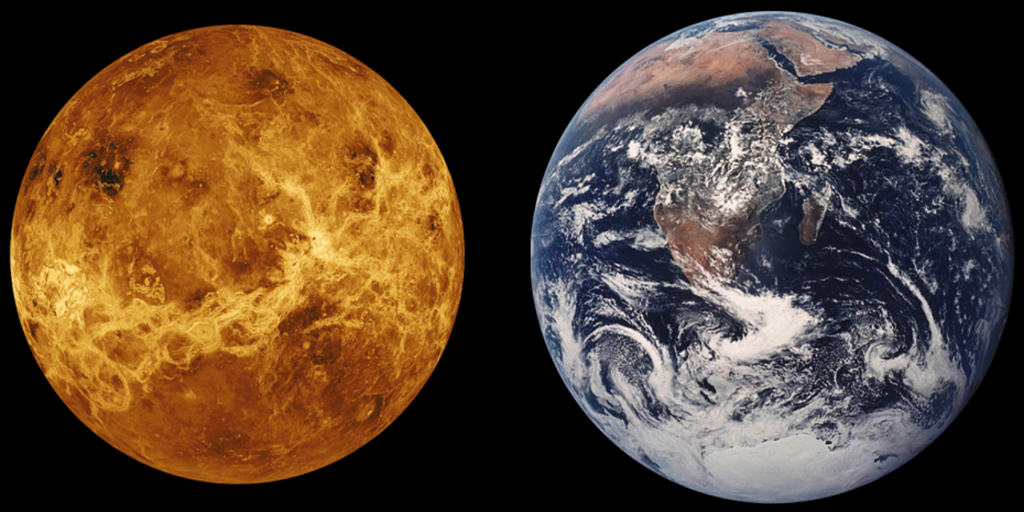
Conclusion.
These five facts show why Venus is such a fascinating planet. From its extreme temperatures and unique rotation to its dense atmosphere, volcanic activity, and lack of water, Venus offers a glimpse into a world very different from our own. Understanding Venus helps scientists learn more about the processes that shape planets and offers clues about the future of our own Earth. As we look forward to future missions to Venus, we can expect to uncover even more secrets about this mysterious planet.
